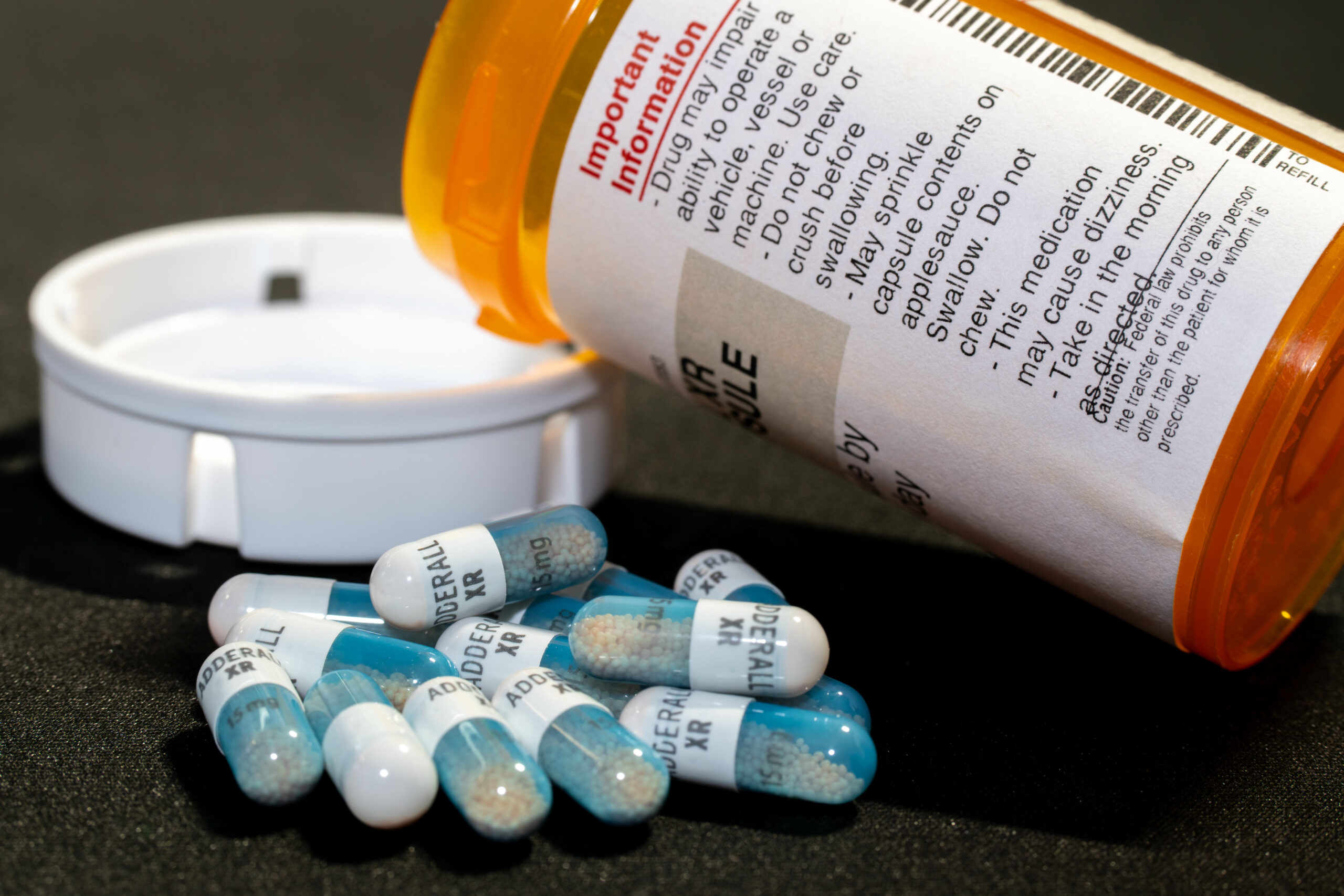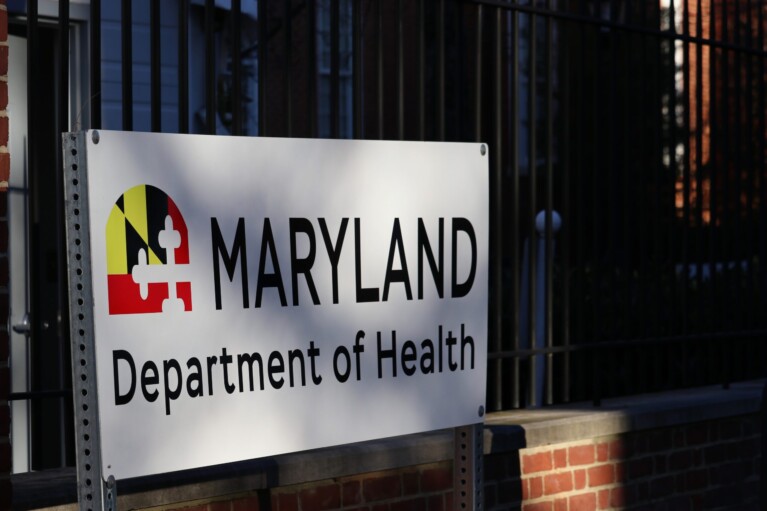Shortage of drugs to treat ADHD continues as studies indicate increase in prescriptions

Federal drug agencies and pharmaceutical companies continue to report a shortage in common medications used to treat symptoms of Attention-Deficit/Hyperactivity Disorder (ADHD), even as recent studies show an increase in patients who need those medications.
ADHD is a mental health condition which includes a combination of symptoms, including difficulty paying attention, impulsive behavior and hyperactivity, and it can occur in childhood and continue into adulthood, according to the Mayo Clinic.
By the fall of 2022 people started noticing a shortage in Adderall, one of the most-known medications to treat ADHD symptoms, according to Dr. David W. Goodman, assistant professor in the Department of Psychiatry and Behavioral Sciences at Johns Hopkins School of Medicine. Goodman is also the director of the Adult Attention Deficit Disorder Center of Maryland.
“As we moved into late September and early fall, it started to become absolutely clear that this was an issue, that patients were having difficulty getting their medication,” he said, noting that the issue seems to have peaked in winter 2022.
State agencies tracking prescription drug supply had noticed a similar trend, according to Chase Cook, acting director of Communications for the Maryland Department of Health.
“Maryland’s Prescription Drug Monitoring Program has been internally monitoring the rise in stimulant prescribing from 2018 to present. There was a notable rise in 2020 to 2022 in the number of stimulant prescriptions,” Cook said in a written statement. In addition, he said that the state Department of Health had received notice from federal agencies warning of the supply concern.
In October, the Food and Drug Administration issued a warning that there was a shortage of “the immediate release formulation of amphetamine mixed salts, commonly referred to by the brand name Adderall or Adderall IR.”
Those with ADHD often use prescription medications to manage their symptoms, often in the form of prescribed stimulants such as amphetamines (Adderall) and methylphenidate (Ritalin and Concerta), according to the National Institute of Drug Abuse.
As patients lost access to Adderall, they resorted to other medications to fill that vacancy, Goodman noted, contributing to higher demands for other brands and medications.
Now, several pharmaceutical companies are reporting that various forms of stimulants have limited availability or are unavailable, according to the FDA’s list of drug shortages.
That could be a problem because ADHD patients who go without their medication may see negative impacts in their personal life.
“If you’re not on the medication after having been on it, you’re going to notice that your distractibility is worse. Procrastination is worse. Productivity is worse,” Dr. Goodman said.
Those struggles may negatively affect their job and home life too, he added.
“In that situation, people may have left bad impressions at their job because they weren’t finishing their work. They weren’t getting done on time. They have lost their job. They were showing up late,” Goodman said. “Or if you’re married and have a family, you can’t execute consistently, you can’t follow through. It creates conflicts between you and your partner.”
According to Dr. Goodman, his office has received fewer calls recently from individuals reporting that they cannot get their ADHD medications, indicating to him that folks in Maryland are having an easier time accessing those medications than a few months back.
But just last week, the FDA reported a continued shortage in stimulant medications. Some pharmaceutical companies, such as Alvogen, report that they expect their supplies will improve as early as mid-July. Others, such as Uspharma Windlas and Aurobindo Pharma USA, say it will take until August or December.
Teva Pharmaceuticals, which produces Adderall, reports that some of their supply is limited due to additional demand for the drug and it is unclear when the situation will improve.
“Teva is manufacturing and distributing consistent with historic levels. We continue to see unprecedented demand,” Teva reported to the FDA regarding their shortage.
A March report from the CDC’s Morbidity and Mortality Weekly Report indicates that in the earlier years of the COVID pandemic, prescription fills for stimulants increased among females aged 15 to 44 years and males aged 25 to 44 years by more than 10% during 2020 through 2021.
The report notes that, overall, the percentage of enrollees who had prescriptions for stimulants and were in employer-sponsored health plans increased from 3.6% in 2016 to 4.1% in 2021.
Goodman said there are several reasons why the pandemic seemed to have led to an increase in people diagnosed with ADHD.
“While people were at home, they lost the structure of going to work. And that then left them with the responsibility of constructing a structure to the day. ADHD individuals have particular difficulty in doing that, and so without a structure, their productivity reduces,” he said.
He also noted that families and parents may have noticed that their child struggled to stay focused on school work while working remotely, which prompted them to seek an ADHD evaluation.
The CDC report notes that the pandemic impacted mental health, potentially exacerbating symptoms of ADHD.
“The prevalence of diagnosed ADHD and associated treatment in adults has increased in recent decades,” according to the report. “The current study adds to evidence… that the increasing trend in the percentage of adults receiving prescriptions for stimulants has continued during the COVID-19 pandemic, with a notable upturn during 2020–2021. The pandemic has had negative impacts on mental health…which might have led to or exacerbated ADHD symptoms.”




 Creative Commons Attribution
Creative Commons Attribution